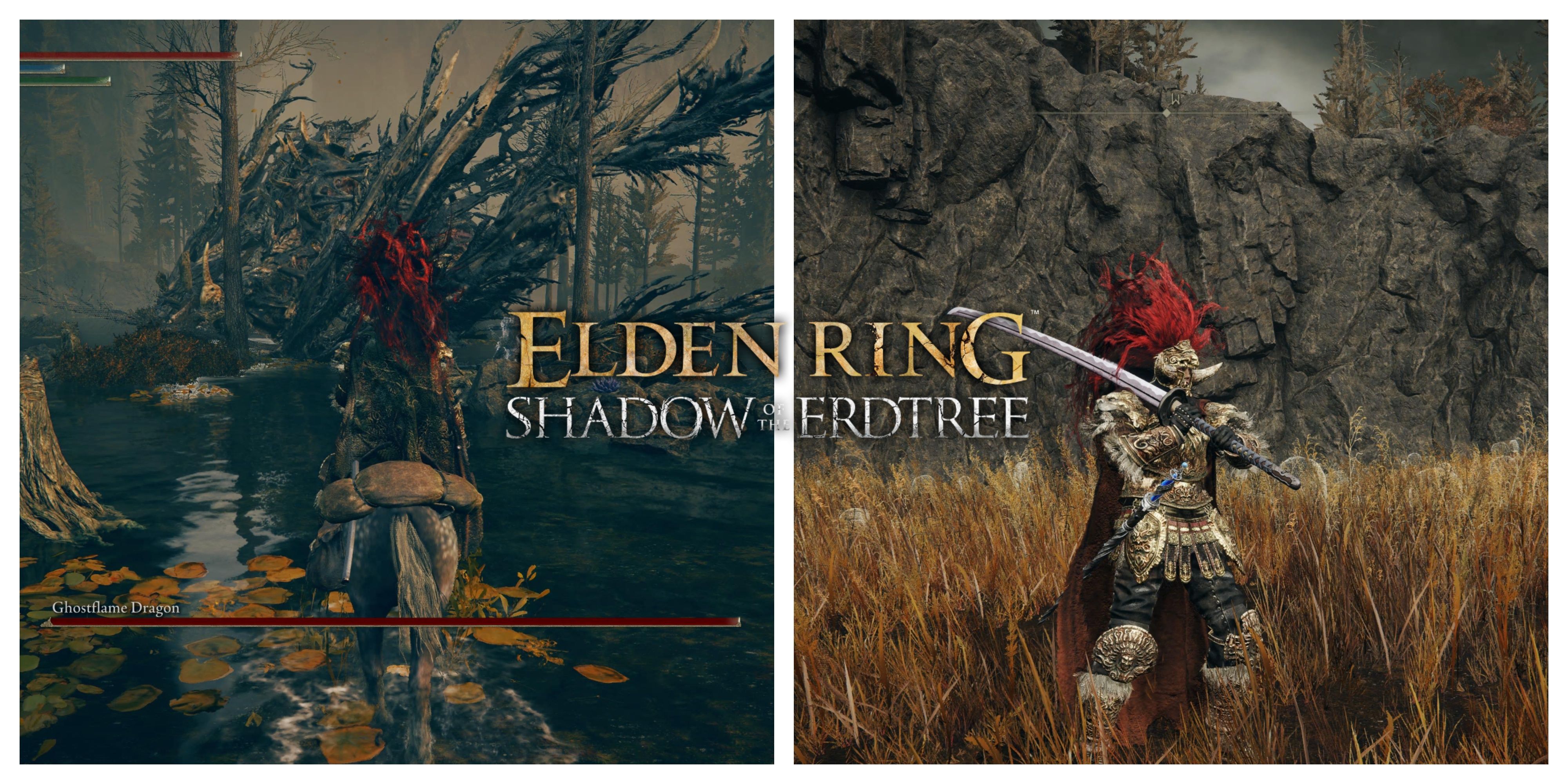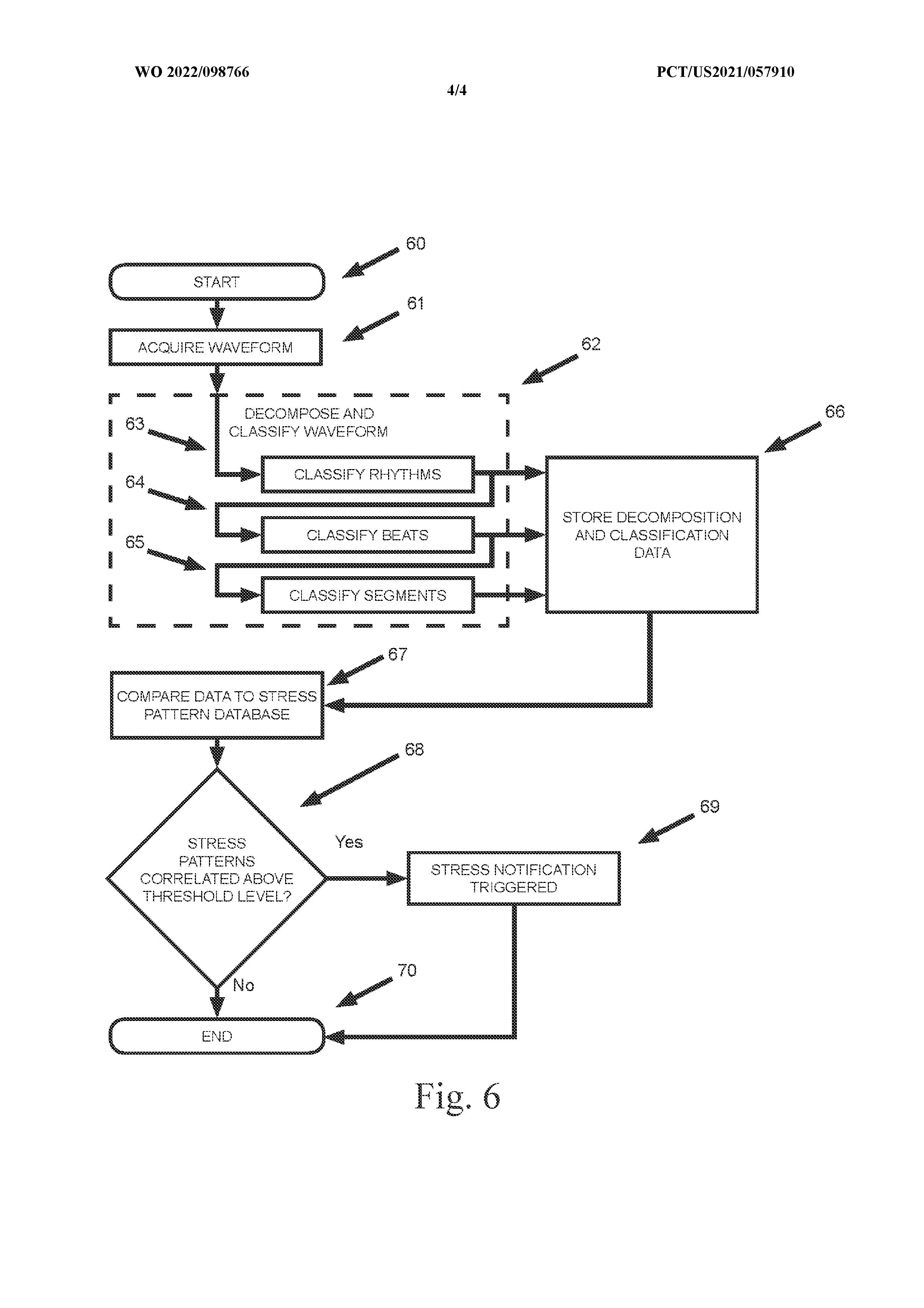Playing video games is a relaxing hobby for many people as it allows them to unwind by getting lost in an interesting story and world, or just focus on a single fun task or gameplay loop. However, video games are now played by a substantial percentage of the world population and not every one of these players will react to games in the same positive way. Some players can find themselves coming away from a game feeling frustrated or stressed, and they may not even realize at what point during their gaming session they started to feel that way.
As an art form, video games are designed to elicit emotional responses from the player, and where video games excel is in providing its audience with a sense of catharsis. However, all of these emotions are meant to serve the enjoyment of the player, which is why a horror game, no matter how terrifying and stressful, can still be enjoyable.
A patent has now been filed for a system which, if it were applied to video games, could help to make sure that players are only having the positive emotional responses the game is designed to elicit. The system monitors the subject's heart rate and measures it against both a personalized baseline and a database of cardiac patterns related to stress. If the player goes beyond a certain stress threshold, they will be notified or possibly asked to take a break. The difficulty for this system will be in distinguishing between the moments of stress players are meant to be feeling and the moments they aren't.
The fear felt while playing a horror game or the adrenaline hit when a boss’s health bar starts to get low in Elden Ring are moments known as eustress, or “good stress.” This concept is the foundation for most popular video games and works by giving the player a goal that is not so difficult as to feel hopeless, but not so easy that it seems trivial. The problem arises, however, when players start to feel a bad kind of stress while playing a game, which they may not be able to distinguish from suspense until after they have stopped playing.
Games with good pacing will often have stress relieving moments built into them, such as with Resident Evil’s iconic and peaceful save rooms or the benches to rest on in Hollow Knight. But not all games have direction over the emotions of the player, and their experience over a prolonged play session may be purely down to luck.
Multiplayer games can be an endless string of high-intensity PvP matches, and players may quickly find themselves frustrated and not enjoying the game. Difficult games like Elden Ring can also cause players to rage-quit. But if this patent were to be successfully implemented, it could act as way of warning the player that their bodily responses are telling them they are no longer having fun.





